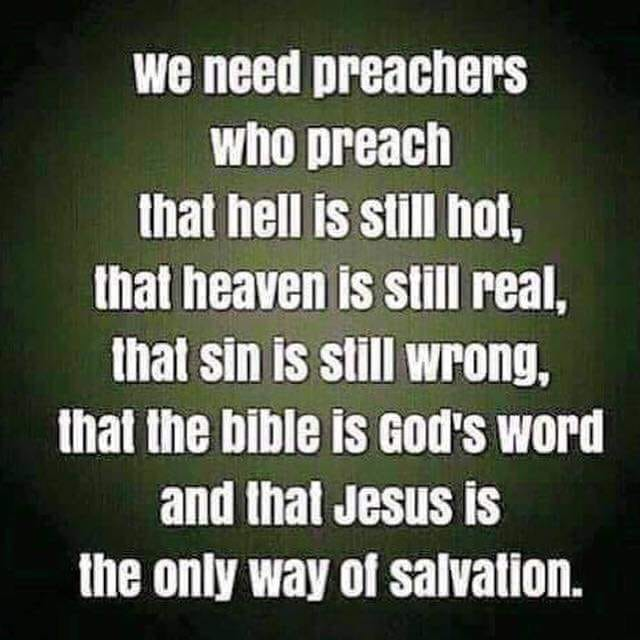Sometimes I just don’t get some of the assumptions I hear from my brothers and sisters in the church. It could well stem from personal experiences or even pre-conceived understandings of my own. Whatever my problem may well be, I hear some of the strangest voiced conclusions and they set my own sensibilities on edge.
A few years back I was teaching a class on the book of John. We were trying as a group to understand Jesus. What brought up the edgy feeling was the response to the question, “Why do you study the Bible?” That question had many answers. Some of the answers were conditioned “Sunday School” answers, while others were a little more honest, and others from those who were truly seeking more in their spiritual lives. It was the last answer that didn’t seem quite right. “I study the bible to be a better Christian.” What it sounded like to me was this apt student was equating the accumulation of facts and theological understanding with growth.
I pressed him to clarify and he quoted from John 8:32, “The truth will make you free.” He was saying when there is enough truth in your life you will, by that accumulation, become a better Christian.
I didn’t argue or tell him he was wrong, I simply smiled and
jotted down a note to get a better understanding of his perceived pathway to
growth.
At issue is endemic to many in the church. The idea of filling your heart with so much knowledge, so much scripture, that you become a super Christian, is often proclaimed. What a terrible thought. What an indictment against the very God in which we serve. Before you get your own hackles up, let me explain.
First, the Gospel of John does say, “the truth will set you free.” But like most misconceptions of the will of God, it was taken out of a larger portion of scripture. Jesus was speaking to Jews who had been influenced by the Pharisees and had come to an understanding of Jesus. They had the head knowledge. They had accumulated so much Jewish theology and insight of the prophets, they saw these as pointers to Jesus being the Messiah. Consequently, they had accepted the words of Jesus as truth.
Second, the Gospel of John in the same eighth chapter and which this “make you free” statement was stated also includes a preface. “If you hold to my teaching, you are really my disciples. Then you will know the truth, and that truth will set you free.” The key is not accumulation but a holding.
Holding is not just gathering the wheat in the fields and taking it as an accomplishment. Holding is knowing the purpose of the wheat and making bread. To be a disciple is to conform to the teachings of God, to stay on a prescribed path set by God, and it is to be more than a sponge.
Why do I study the Bible? Two things. I study to understand God and His path for me. And subsequently, to finding that path, I utilize my new understanding to follow that path. My life is one of revelation and reconciliation. Without the second part, the first part is without much help to my growth. My growth is dependent upon my understanding of God’s place for me AND my willingness to do something about it.

